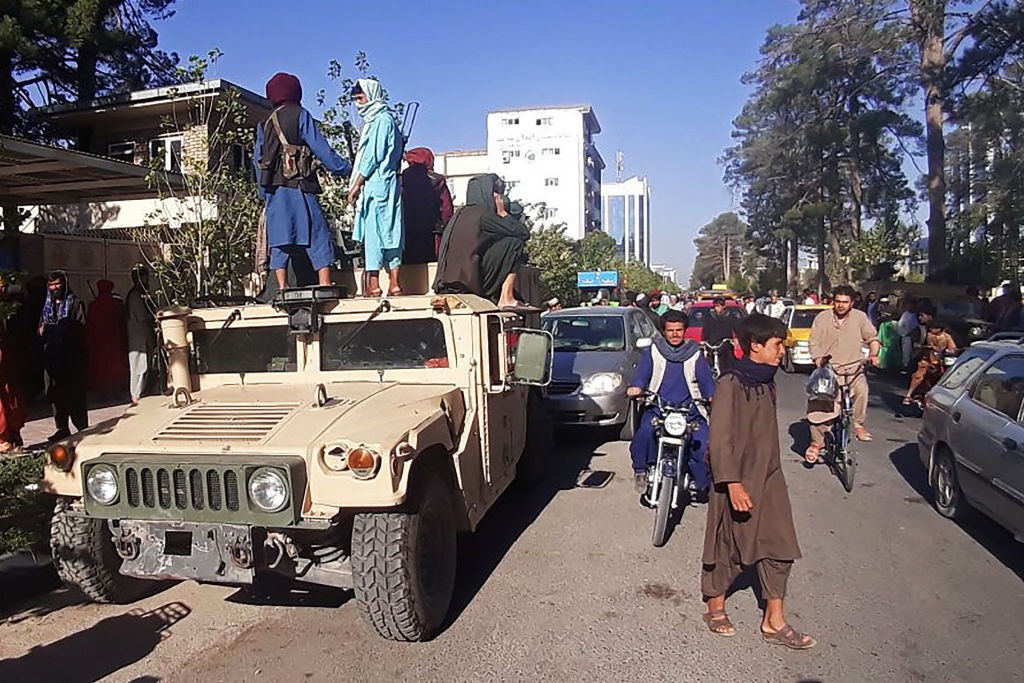News In Turkey, Journalists Under Threat
"The situation of those who attended this hearing is very important. The consuls-general in Istanbul come to the courthouse. Who are you, what are you doing there? This is not your country, this is Turkey ... Diplomats can operate within the boundaries of missions. Elsewhere is subject to permission."
"I would (thank) each and everyone one of those who criticize me but if they were to insult me, my lawyers will go and file a lawsuit."
Turkish President Recep Tayyip Erdogan
"Turkey is where many journalists may have to spend more time at their attorneys' offices or in courtrooms than in the newsrooms, where they should be."
"Don't quote me on that. I don't want to be declared persona non grata."
Unnamed Western diplomat
"We came here today to defend journalism. We gathered here before and said the same thing. We said we would defend the people's right to access information. We defended that and we were arrested."
Can Dundar, editor-in-chief, Cumhuriyet
"... in the year 2016 courthouse corridors and the hearing rooms have become the habitats of journalists in Turkey. Freedom of the press in Turkey in 2016 is now confined to court corridors."
Sedat Ergin, editor-in-chief of Turkey's most influential newspaper, Hurriyet

Can Dundar (right), editor-in-chief of Turkey's Cumhuriyet newspaper, and Erdem Gul (left), Cumhuriyet's
Ankara bureau chief, were arrested after the paper published evidence
of arms deliveries by the Turkish intelligence services to Islamist
groups in Syria. They remained behind bars for over 90 days, until
Turkey's Constitutional Court ruled that their detention violated their
rights.
It simply doesn't do to criticize Turkish President Erdogan; he is a man above criticism and he will certainly not tolerate any. To level charges of any kind against him is to carelessly command his attention. And his attention is not pleasant. Can Dundar, editor-in-chief of Cumhuriyet, and
Erdem Gul, the newspaper's Ankara bureau chief, have an intimate knowledge of the process. They have been charged by a prosecutor with intent to topple
the government by publishing a video purporting to show Turkey's state
intelligence agency helping to truck weapons to Syria in 2014.
If they are convicted of the charges, the two journalists stand the chance of facing life in prison. Erdogan had, after all, promised that Dundar would "pay a heavy price". Life in prison is that heavy price, although international condemnation of the situation may ease the seriousness with which Turkish justice is treating this situation. This is simply one of many such situations and Mr. Erdogan has issued a warning of his intention to continue to sue critics who insult him; there is ample precedence of imprisonment for critics of the president.The advocacy group Committee to Protect Journalists describes Turkey as a "country of concern" in the number of arrested journalists. A decade ago the novelist Orhan Pamuk stated: "Thirty thousand Kurds have been killed here, and a million Armenians. And almost nobody dares to mention that. So I do." He was charged under a statute specifying a jail term up to three years for insulting "the Republic or Turkish Grand National Assembly".
The resulting hate campaign forced him to leave Turkey. Eventually the charge was changed to "insulting Turkishness". This is all most inconvenient for Turkey, hoping to become a member of the European Union which keeps turning it away with the admonition it must first improve its human rights record. The EU intended to send five members of the European Parliament as observers at Pamuk's trial. That resulted in the law being changed and the prospect of jail for Pamuk lifted.
He became the first Turk to win the Nobel price in literature in 2006. After which any prosecutorial attack on the man would have been keenly awkward. A nationalist rally, however, was the venue of a book burning; copies of his books, of course. Burak Bekdil, a Turkish journalist, was charged under the Turkish Penal Code for committing an "insult to the state and its institutions", receiving a suspended sentence of 18 months for a satirical piece he wrote about the Turkish judiciary.
He continued to write critical columns about President Erdogan, sometimes publishing in Hurriyet. Writing as well on the Gatestone Institute website, he is known to sometimes defend Israel in his dispatches. A pro-government columnist tweeted that Mr. Bekdil was a "disgrace to humanity", and others joined him. "Enmity to Islam spills from his face", tweeted someone else, while another wrote suggesting he go to Gaza, so he could be shot.
On September 6, when nationalists gathered in their hundreds to throw rocks at Hurriyet's offices, the mob's leader identified on video was recognized as Abdurrahim Boynukalin, a member of the Turkish parliament from Erdogan's ruling AKP party. He was elevated to the high council of the party a few days later, at the AKP general convention. And then the government began to investigate the Dogan Media Group, the parent company of Hurriyet, for terrorist propaganda.
"An important line has been crossed. In an already troubling campaign of harassment and intimidation targeting independent media", said a statement from the International Press Institute.
Labels: Human Rights, Islamism, Journalists, News Media, Turkey

<< Home